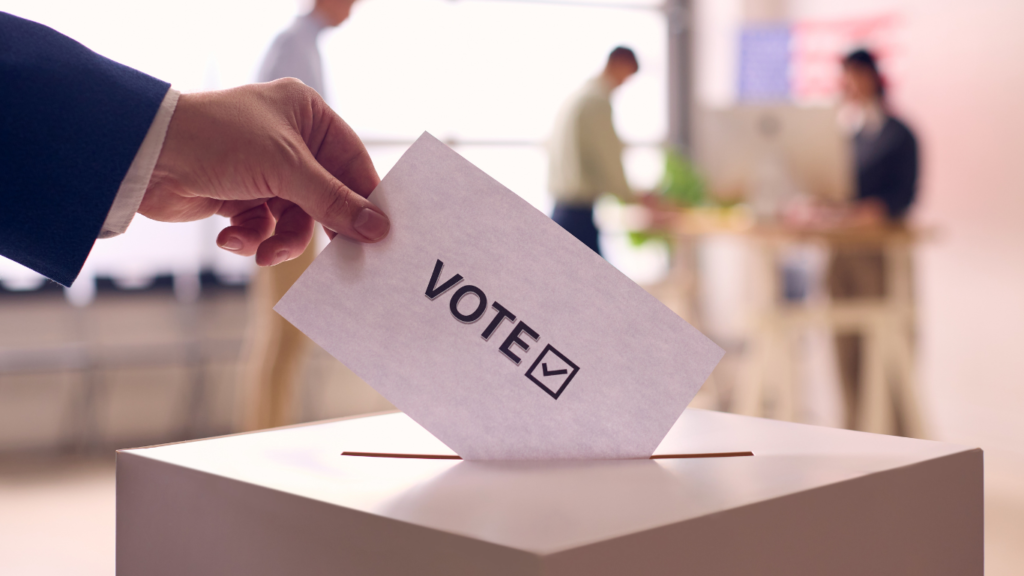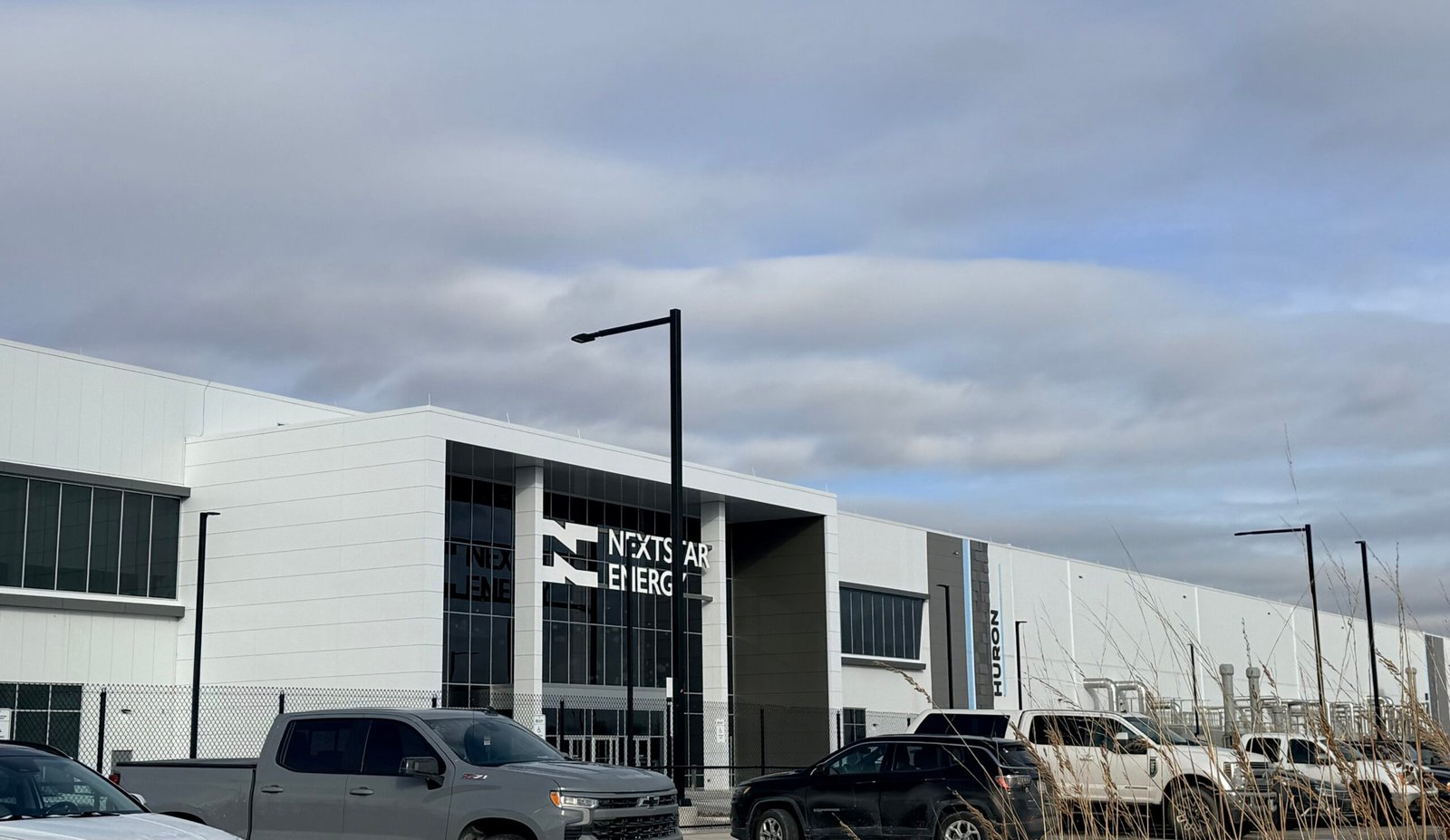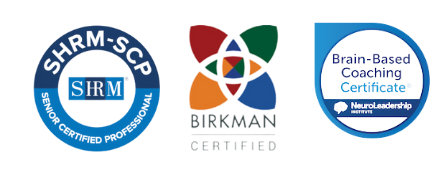
The Ontario provincial election is scheduled for February 27, 2025. With the election quickly approaching, it’s important for both employers and employees to understand their rights and obligations when it comes to voting and participating in the electoral process. In this post, we’ll cover what you need to know.
Employee Rights on Election Day
By law, all employees in Ontario must be given three consecutive hours off work to vote while polls are open from 9am to 9pm ET on election day.
If an employee’s normal work schedule does not allow for a three hour window, the employer must grant them additional time off if requested.
For example, if an employee is scheduled to work 10am-7pm, the employer could have them start later at 12pm and work until 9pm, or start earlier at 9am and finish at 6pm. The adjustment should be made at a time most convenient for the employer. Employees cannot be penalized or have pay deducted for exercising their right to vote.
-
- Employees assisting Elections Ontario as a poll official or returning officer can also request unpaid time off, as long as they make the request at least 7 days in advance. Employers must grant this time off. Employers who prevent employees from voting or interfere with their right to vote may face penalties of up to $5,000, or up to $25,000 and 2 years less a day imprisonment if done knowingly.
Employer Rights and Responsibilities
While employers have an obligation to provide time off for employees to vote, they also have the right to maintain productivity and minimize disruption to their operations. The Election Act allows employers to adjust employee schedules to accommodate voting in a way that is most convenient for the employer. Employers can require proof that an employee has voted, such as a voter confirmation slip, as a condition for providing paid time off. However, employers cannot penalize employees in any way for exercising their right to take time off to vote. Employers must also grant unpaid time off requests from employees who are working as poll officials or returning officers, provided the request is made at least 7 days in advance.
Advanced Polling and Other Voting Options
In addition to voting on election day, electors in Ontario also have the option to vote in advance polls or by special ballot. Advanced polls are typically open for several days leading up to the election. Special ballot voting allows electors to vote by mail or in person at a returning office. Applications to vote by special ballot must be made before 6pm ET on the 6th day before election day. Employers should be aware that employees may choose to vote through these alternative methods and accommodate time off requests accordingly.
Political Activity and Expression in the Workplace
While Canadians have freedom of expression rights under the Charter of Rights and Freedoms, this only applies to government actions, not private employers. Government employees may also have some restrictions on political activities to maintain impartiality. In general, employees participating in elections should be aware they can potentially be held accountable by their employer for political views and statements made even outside of work hours. Whether an employee can be disciplined or terminated as a result depends on the specific circumstances. However, employers should be cautious about targeting political speech, as disciplining employees for their political beliefs risks being seen as acting in bad faith, even if political belief is not expressly protected under the Ontario Human Rights Code.
Key Takeaways
-
- Employees must be given 3 consecutive hours off to vote on election day
-
- Employers can adjust schedules to minimize business disruption
-
- Employers cannot penalize employees for taking time to vote
-
- Employers can require proof of voting for paid time off
-
- Employees have options to vote in advance polls or by special ballot
-
- Employers must grant unpaid leave if an employee is working for Elections Ontario
-
- Freedom of expression rights are limited in the workplace, especially for private sector employees
-
- Employers should be cautious about disciplining employees for political speech to avoid bad faith
Navigating election laws in the workplace requires balancing the rights of employees with the obligations and interests of employers. When in doubt, consult with legal professionals to ensure compliance.
References
Election Act, RSO 1990, c. E.6, https://www.ontario.ca/laws/statute/90e06
“Voting in Ontario Provincial Elections”, Government of Ontario, https://www.ontario.ca/page/voting-ontario-provincial-election
“Ways to Vote”, Elections Ontario, https://www.elections.on.ca/en/voting-in-ontario/ways-to-vote.html
“Special Ballot”, Elections Ontario, https://www.elections.on.ca/en/voting-in-ontario/special-ballot.html
“Employee Rights in Canada: Political Activity & Belief”, People First HR Services, https://peoplefirsthr.com/employee-rights-in-canada-what-you-dont-know-about-political-activity-belief/
“Requirements for political activities”, Government of Canada, https://www.canada.ca/en/revenue-agency/services/tax/charities/charities/resources-charities-donors/resources-charities/requirements-political-activities.html
Ceci-Rowell v Ontario, 2018 HRTO 1418 (CanLII), https://canlii.ca/t/hvbzd
“Political Belief: The other non-protected ground”, SpringLaw, https://www.springlaw.ca/2016/06/28/political-belief-the-other-non-protected-ground/
“Time off work for voting in federal elections”, Government of Canada, https://www.canada.ca/en/employment-social-development/programs/employment-standards/federal-standards/voting.html




